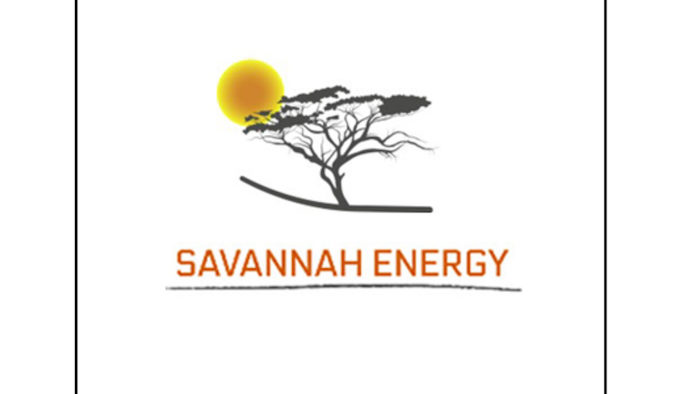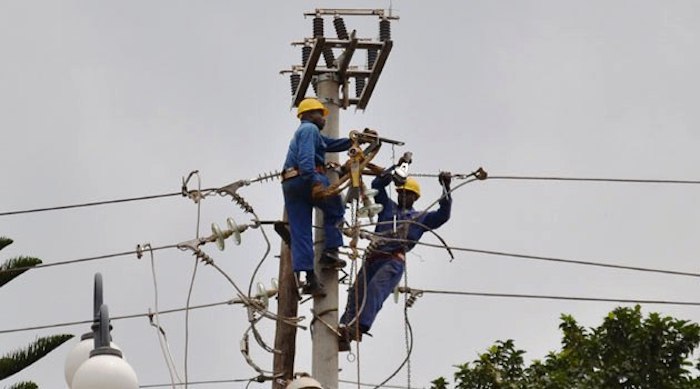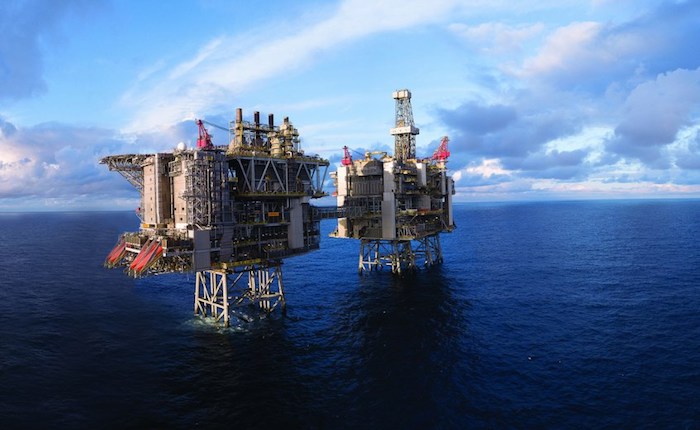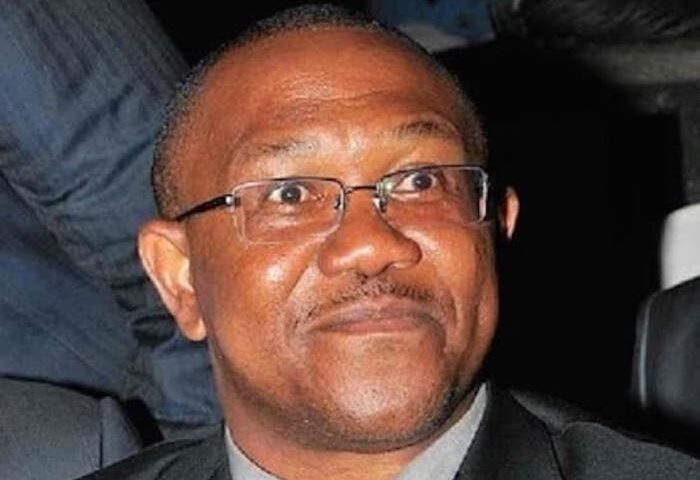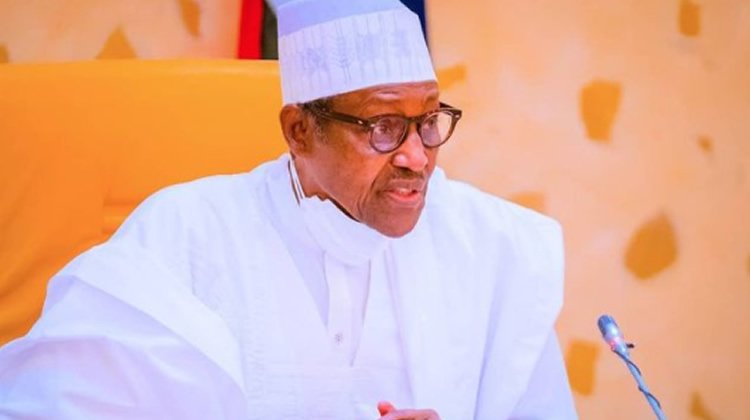Chad, Savannah Energy Ink Deal On 500MW Renewable Energy Projects
Savannah Energy plc, the British independent energy company,has announced the signing of an agreement with the Ministry of Petroleum and Energy of the Republic of Chad for the development of up to 500 megawatts of renewable energy projects.
The projects will supply electricity to the Doba Oil Project and the towns of Moundou and Doba in Southern Chad, and the capital city, N’Djamena (“the Projects”).
The signing ceremony was held on Friday in N’Djamena, attended by His Excellency Djerassem le Bemadjiel, the Minister of Petroleum and Energy of the Republic of Chad, His Excellency Mark Matthews, Ambassador of the United Kingdom to the Republic of Chad, Sarah Wilson, Deputy Head of Mission at the British Embassy N’Djamena, Chad, and Andrew Knott, Chief Executive Officer of Savannah,according to a statement.
The first Project Savannah has agreed to develop comprises an up to 300 MW photovoltaic solar farm and battery energy storage system (“BESS”) located in Komé, Southern Chad (the “Centrale Solaire de Komé”).
The project is being developed to provide clean, reliable power generation for the Doba Oil Project and the surrounding towns of Moundou and Doba. It will displace existing hydrocarbon power supply resulting in a significant reduction in CO2 emissions and provide a supply of clean, reliable electricity on a potential 24/7 basis to the surrounding towns of Moundou and Doba (which currently only have intermittent power access).
The expected tariff for the electricity generated from this Project is expected to be significantly less than that being paid for the current hydrocarbon-based power generation in the region. At 300 MW, the Centrale Solaire de Komé would be the largest solar project in sub-Saharan Africa (excluding South Africa) as well as constituting the largest battery storage project in Africa. Project sanction for the Centrale Solaire de Komé is expected in 2023 with first power in 2025.
The second project covered by the Agreement involves the development of solar and wind projects of up to 100 MW each to supply power to the country’s capital city, N’Djamena (the “Centrales d’Energie Renouvelable de N’Djamena”).
A significant portion of this project is anticipated to benefit from the installation of a BESS, potentially enabling the provision of 24/7 power supply. At up to 200 MW, the Centrales d’Energie Renouvelable de N’Djamena would more than double the existing installed generation capacity supplying the city and increase total installed grid-connected power generation capacity in Chad by an estimated 63%.
Savannah expects the cost of power from the Centrales d’Energie Renouvelable de N’Djamena to be lower than existing competing power projects, which are currently primarily hydrocarbon-based. Project sanction for the Centrales d’Energie Renouvelable de N’Djamena is expected in 2023/24 with first power in 2025/26.
Savannah said it expects to fund the Projects from a combination of its own internally generated cashflows and project specific debt.
His Excellency Djerassem le Bemadjiel, the Minister of Petroleum and Energy of the Republic of Chad, said:”We are delighted to work with Savannah on these two potentially transformational power projects for Chad. Our country is blessed with a significant renewable energy resource and we are excited that a leading British company such as Savannah is seeking to harness this resource to provide utility scale power to our country.
“I warmly welcome the projects and Savannah’s entry into the Chadian power sector. We are already engaged to provide all the support needed for implementing these projects and having the first power delivered to our population and our industries in line with the State plan for enhancing the power offering in our country.”
Speaking,His Excellency Mark Matthews, Ambassador of the United Kingdom to the Republic of Chad, commented:“I am delighted that a British company, Savannah Energy, is making such a substantial investment in renewable energy in Chad. Chad has plentiful resources of renewable energy which, through investments like this, can be harnessed to develop the economy and improve the lives of Chadians. This is a further example of UK commitment to Chad.”
Andrew Knott, Chief Executive Officer, Savannah Energy,said:“I am delighted to announce the Centrale Solaire de Komé and the Centrales d’Energie Renouvelable de N’Djamena projects. Both of these represent a major vote of confidence in Chad by Savannah and have the potential to contribute to a transformative change in the country’s GDP over the course of the coming years, as well as bringing the significant quality of life benefits associated with access to regularised power to the regions in which the Projects are situated. The Projects represent one of the largest ever foreign direct investments in Chad and are believed to the largest ever by a British company.
“I would like to thank General Mahamat Idriss Deby Itno, President of the Transitional Military Council, President of the Republic of Chad and Head of State; His Excellency Djerassem Le Bemadjiel, Minister of Petroleum and Energy of the Republic of Chad, and the wider Chadian government for the enthusiastic support we have received in relation to making these projects happen. We look forward to working with the Government and our developmental finance partners over the course of the coming years as we move through the feasibility and construction phases of the projects to our intended first power dates in 2025/26.
“Centrale Solaire de Komé and Centrales d’Energie Renouvelable de N’Djamena are the second and third large-scale greenfield renewable energy projects that Savannah has announced this year, following on from our announcement of the up to 250 MW Parc Eolien de la Tarka project in Niger. We expect to announce our involvement in further large-scale greenfield power projects over the course of the next 12 months”


